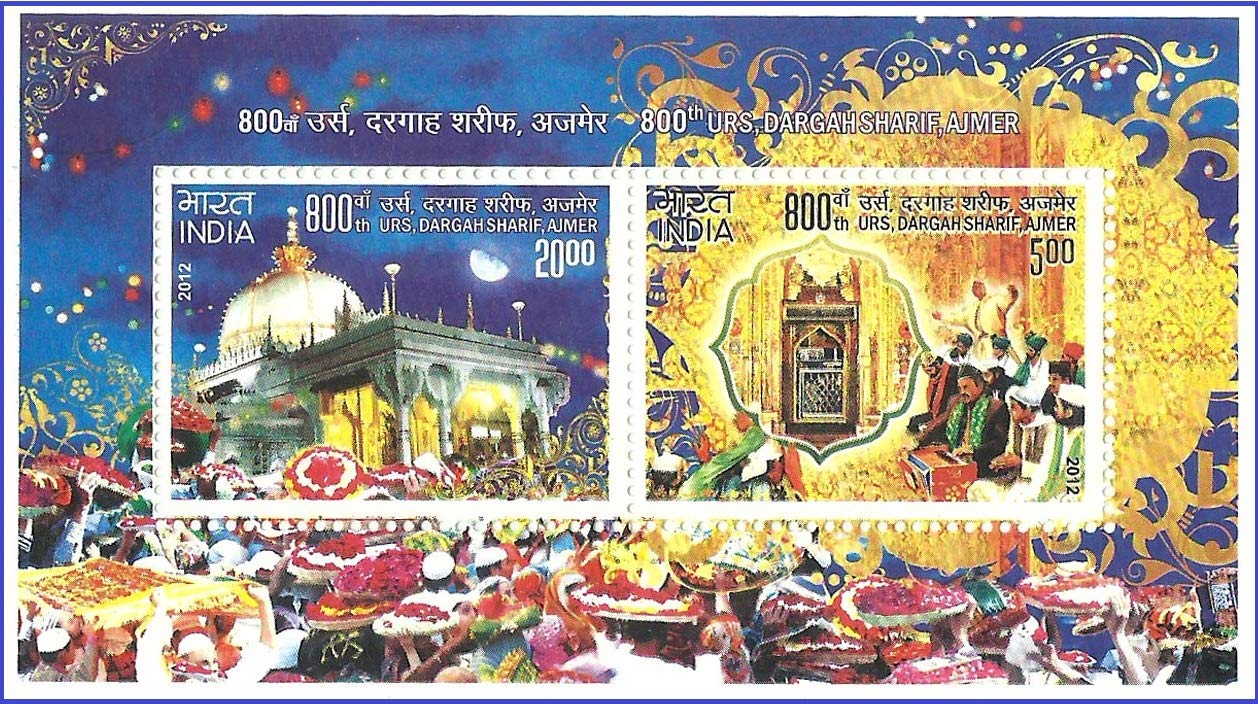
There was once an old Sufi who earned his living by selling all sorts of odds and ends.
It seemed as if the man had no judgment because people would frequently pay him in bad coins and he would accept them without a word of protest. Or people would claim they had paid him when they hadn’t, and he accepted their word for it.
When it was time for him to die, he raised his eyes to heaven and said,
“Oh Allah! I have accepted many bad coins from people, but never once did I judge them in my heart. I just assumed that they were not aware of what they did. I am a bad coin too. Please do not judge me.”
At that moment the old Sufi heard a Voice from the heavens. “How is it possible to judge someone who has not judged others?”
More in The Prayer of the Frog (Volume I) by Anthony de Mello.
Here is another version of the story:
Hazrat Nizamuddin Auliya spoke of shaykh ‘Osman Harbabadi (may God sanctify his innermost consciousness). He said he was a friend of God and a commentator of the Qur’an. He lived in Ghaznin and earned his livelihood by selling a kind of vegetable preparation, cooked in a pot, out of beet-root and turnip.
He then gave a description of the state shaykh ‘Osman was passing through. If a buyer approached him, whatever he had in his pot he gave to him and accepted the coin from him even though it could be a counterfeit one, and did not say anything about it.
When the people came to know he did not differentiate between genuine and counterfeit coins, he started getting more counterfeit coins. But he did not cease to sell the preparation.
When his last days approached he looked towards the heavens and said: “O God, You know it very well that people used to give me counterfeit coins, but I accepted them as genuine ones. I never tuned down anyone’s demand for the preparation I used to sell. Similarly, if my devotion to You has been ‘counterfeit’ in character, be kind and merciful to me and do not reject and return it to me as something unworthy of Your good grace.”
Courtesy: https://sufi-tavern.com/
Anthony de Mello (1931-1987) was an Indian Jesuit priest and psychotherapist. A spiritual teacher, writer and public speaker, De Mello wrote several books on spirituality and hosted numerous spiritual retreats and conferences. He continues to be known for his storytelling, which drew from the various mystical traditions of both East and West.
Pic: India commemorative postage stamps issued in 2012 on the occasion of the 800th Urs of Khwaja Moinuddin Chishti at Dargah Sharif, Ajmer. His tomb is one of the most important religious sites in Sufism.
